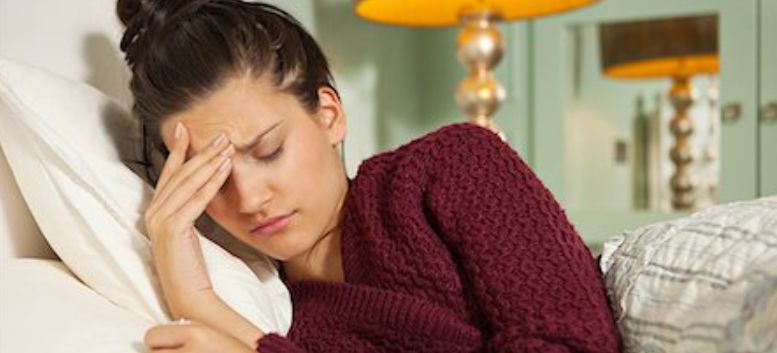
Jet lag, also known as circadian desynchrony, occurs when our body's internal clock conflicts with environmental cues. This condition arises when individuals travel to different time zones and struggle to adjust to the new schedule, impacting their functionality and performance.
Symptoms of Jet Lag: The symptoms of jet lag manifest as individuals traverse through different time zones.
Common symptoms include:
Causes of Jet Lag: Jet lag occurs as individuals travel from one location to another, disrupting their daily rhythms. When traveling eastward, the day's duration shortens, and when traveling westward, the day lengthens. Rapid shifts in local time disrupt sleep patterns. Adjusting the circadian system can help restore a normal sleep cycle.
Remedies for Jet Lag: Several effective remedies can mitigate the effects of jet lag:
Morning Caffeine Intake: Consuming caffeine in the morning can enhance daytime alertness but may hinder adaptation to new time zones. While it can support cognitive function and physical activity, avoid caffeine before bedtime.
Adjusting Sleep Schedule to the New Location: Aligning your sleep schedule with the new time zone can reduce jet lag's impact. Gradually shifting your routine earlier if traveling eastward and increasing exposure to light in the evening can help with adjustment. When traveling westward, do the opposite by exposing yourself to light in the evening and pushing bedtime later in the days leading up to your trip.
Consuming Smaller Meals: Eating meals at regular times and adjusting them to the new schedule aids in recovery from long flights. This practice helps maintain metabolism and provides a metabolic boost.
Exercise: Maintaining a high level of physical fitness can expedite the adjustment to new sleep-wake cycles and alleviate jet lag symptoms. Outdoor exercises can facilitate acclimatization to a new environment effortlessly.
By following these remedies, individuals can effectively manage the challenges of jet lag and minimize its impact on their well-being and productivity.
Jet Lag and Light Therapy: A Ray of Hope for Travelers
Jet lag, the pesky consequence of crossing multiple time zones, can leave travelers feeling fatigued and disoriented. However, there's a promising solution in the form of light therapy, also known as phototherapy, which offers relief to those grappling with the disruptive effects of jet lag.
Understanding Light Therapy: Light therapy involves exposing individuals to artificial light sources that mimic natural sunlight. This exposure helps regulate the body's internal clock, or circadian rhythm, which plays a crucial role in determining sleep-wake patterns and overall alertness.
How Light Therapy Helps with Jet Lag:
Resetting the Internal Clock: Jet lag occurs when the body's internal clock is out of sync with the new time zone. Light therapy can help reset this clock by providing exposure to light at specific times, effectively reprogramming the body's sleep-wake cycle.
Adjusting to New Time Zones: Travelers can use light therapy to gradually adapt to their destination's time zone before departure. By simulating daylight or darkness at strategic times, individuals can ease the transition and reduce the severity of jet lag upon arrival.
Enhancing Alertness: Light therapy can boost daytime alertness and improve cognitive function, making it easier for travelers to stay awake and engaged during the day at their destination.
How to Use Light Therapy for Jet Lag:
Light Boxes: Specialized light boxes emit bright, white light that mimics natural sunlight. Travelers can use these devices for approximately 30 minutes to an hour each day, typically in the morning, to help adjust to a new time zone.
Dawn Simulators: These devices gradually increase the intensity of light, simulating a natural sunrise. They are particularly useful for easing into a new day when traveling eastward.
Adjusting Exposure Times: The timing and duration of light exposure should be tailored to individual needs and the direction of travel. Consulting a healthcare professional or sleep specialist can help travelers create a personalized light therapy plan.
Safety Considerations: It's important to use light therapy under the guidance of a healthcare provider, especially if you have any pre-existing medical conditions or are taking medication that may be affected by light exposure. Additionally, it's crucial to choose certified light therapy devices to ensure safety and effectiveness.
In conclusion, light therapy offers a promising solution for travelers seeking to combat jet lag and make the most of their journeys. By harnessing the power of artificial light, individuals can reset their internal clocks, adjust to new time zones more smoothly, and enjoy their adventures with enhanced vitality and alertness.